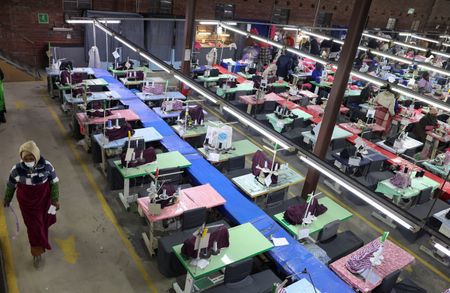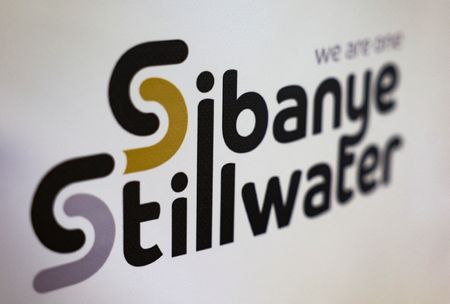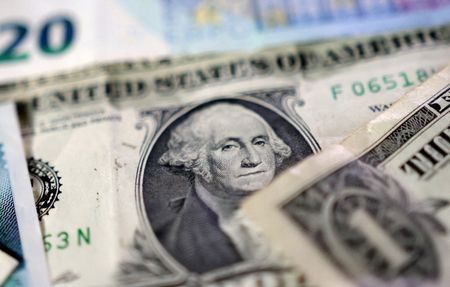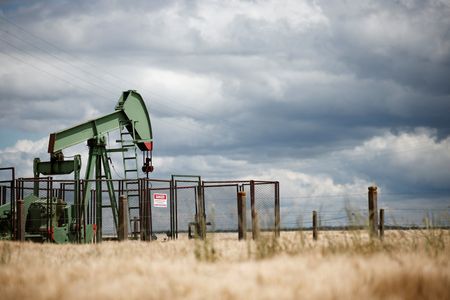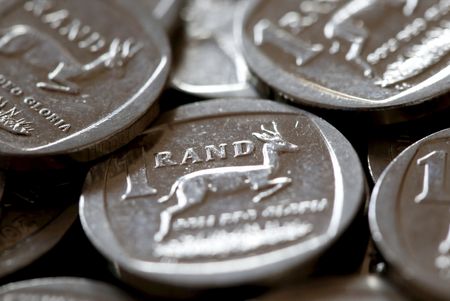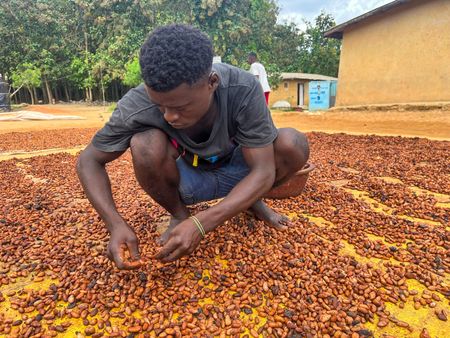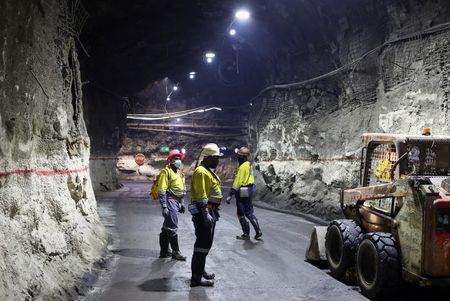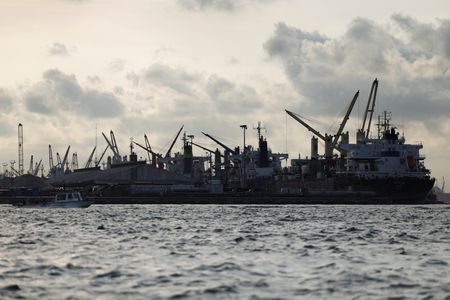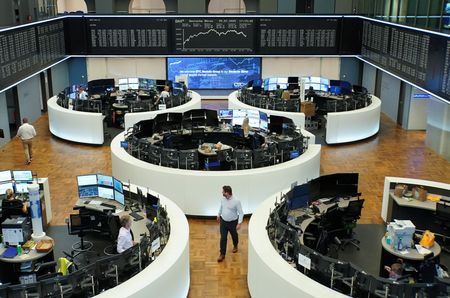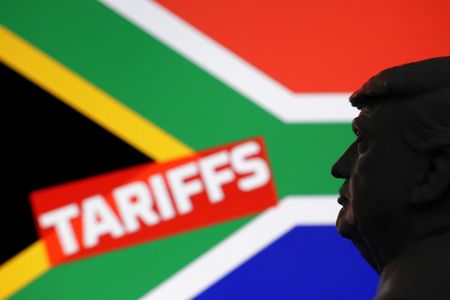By Sisipho Skweyiya
MASERU (Reuters) -A reprieve from a 50% U.S. tariff on goods from Lesotho has come too late to prevent damage to the tiny African kingdom’s textiles industry, which has been hit hard by months of trade uncertainty, officials and industry players said.
Lesotho’s tariff rate was slashed to 15% in last week’s executive order by U.S. President Donald Trump, down from the level of 50% tariff threatened in April – which was the highest of any U.S. trading partner.
Textile industry players in the country – which produces jeans and other garments for popular U.S. brands such as Levi’s and Walmart – said the uncertainty around tariffs over the past few months had already devastated the sector, with orders cancelled and jobs cut.
“We were on the verge of building (our) American market,” Teboho Kobeli, founder and managing director of Afri-Expo Textiles, told Reuters at his factory in Maseru.
He said the U.S. market made up 10% of his company’s production – about $1 million a year – and that he had to lay off 200 workers, or 40% of his workforce, after the announcement in April as orders dried up.
“That is a lot lost,” he said.
Lesotho, which Trump had ridiculed in March as a country “nobody has ever heard of”, is a poor and landlocked country with a gross domestic product of just over $2 billion.
Trade Minister Mokhethi Shelile said that Lesotho would struggle to compete against other African textile manufacturers such as Kenya and Eswatini, which got a lower U.S. tariff rate of 10%.
“We have close to 12,000 jobs that are directly on the firing line because of this tariff,” he told Reuters.
The sector, which is the country’s leading export industry and biggest private employer, was heavily dependent on the Africa Growth and Opportunities Act, a U.S. trade initiative granting duty-free access to qualifying African nations.
It employs around 40,000 people and accounts for roughly 90% of manufacturing exports, according to Oxford Economics.
One of the people affected by the uncertainty is Matsoso Lepau, a 48-year-old who lost his job at protective outerwear maker Leo Garments in April.
“I have a big problem because the money that I was making is not there anymore,” he said, adding he used to earn the equivalent of $167 a month.
“Now that Mr Trump has lowered the tariffs, I am still hoping that we will get our jobs back.”
Kobeli, the head of Afri-Expo Textiles, said he was confident he could get his business back on track now that the reduced 15% rate has been set, noting the uncertainty over U.S. trade policy had weighed on investors’ and retailers’ decisions globally.
“It was a global problem, even the buyers in America were stagnant as they did not know where to go… Now with the 15% we are starting to talk, it’s not like we were affected alone,” he said.
(Writing by Tim Cocks; Editing by Alex Richardson)

